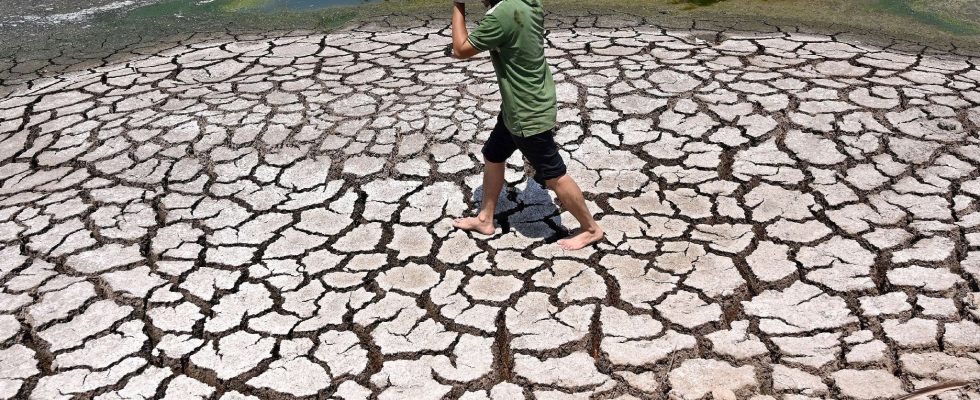The “energy transition” consists, it is said, of gradually abandoning fossil fuels in favor of so-called (abusively) “renewable” energies. Its objective is to reduce the pace and amplitude of climate change, and also to fight against energy poverty, a source of social inequalities. It is a necessity: we have in fact understood that the current energy system cannot last as it stands, because its maintenance would lead to all sorts of untenable situations. In short, we need to change things.
But what does “change” mean? Although it seems obvious, the notion of change constitutes an authentic conceptual difficulty, identified since Greek Antiquity. For what ? Because it germinates a contradiction with a fundamental principle, that of “self-to-self” identity. One of two things:
– Or the particular being or object which is said to change – say x – remains one and the same, and then it has not changed. His supposed change is then at best an illusion, an appearance that would deceive us, at worst an absurdity.
– Or he has really changed, and then he is no longer one and the same: x ceases to be x. There would then no longer be any sense in speaking of a particular being or object which would be strictly persistent once it is subject to becoming.
Let us summarize the alternative: either we accept the principle of self-identity, and we must then refuse the idea of change; or we accept change, and we must then refuse the principle of identity of self with self.
Any change presupposes a continuation
But this logical contradiction is opposed by the idea according to which things can persist in change or, if one prefers, change without losing all of their identity. We believe in fact, without immediately plunging into the throes of doubt, that a particular thing can undergo certain changes, that is to say no longer be the same, while remaining itself. In short, any change presupposes a continuation, even an invariance. The philosopher of science Karl Popper illustrated this concretely: “We can say that a green leaf of a tree changes when it becomes brown, but we do not say that a green leaf changes if we substitute a brown leaf for it. Becoming presents this essential characteristic that the thing subjected to change retains its identity through this change And yet, it must become other: from green it becomes brown, from damp it becomes dry it was hot; here it is cold.”
To change is therefore not to be replaced, it is not to cease to be oneself, it is to be oneself differently. This fundamental conviction of an identity that endures in and despite change also constitutes the framework of our ordinary relationship to future: this big cat which purrs peacefully under the lamp is indeed the same animal as this frightened kitten which was wandering in the street. , which I collected and which, over the years, has blossomed and gained in volume; This red bicycle is the one that used to be blue and has since been repainted red. We therefore manage to understand change, but on the condition – extraordinary if we care to stop at it – of an incredible sleight of hand: in our language, the subject of the verb to change, that is -to say what changes is what does not change during the change in question!
Isn’t this conclusion fascinating? A thing x can only change if, in it, “something” does not change, and it is because this “something” does not change that we can say of x that it changes… At the end of the change, in fact, we are always dealing with x: it has not become y, it has not been replaced, it has retained its identity.
Let us now apply this conclusion to the energy transition, always presented as a change that is both radical and obligatory: to define this change, then to achieve it, we must first clarify what we want to preserve: is it our way of life ? From our energy consumption? Of our comfort? About the habitability of the planet? Then, we must explain what we intend to replace in order to keep what we said we wanted to keep. If we want the expression “energy transition” to be more than just a vague injunction, all of these points will need to be clarified.
Etienne Klein is a physicist, research director at the CEA and philosopher of science
.
